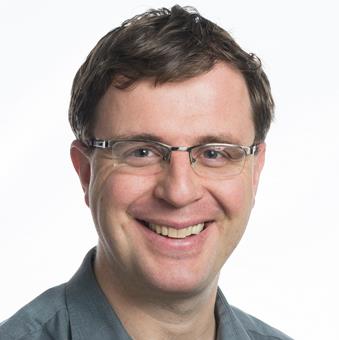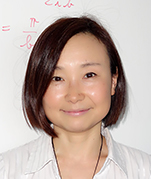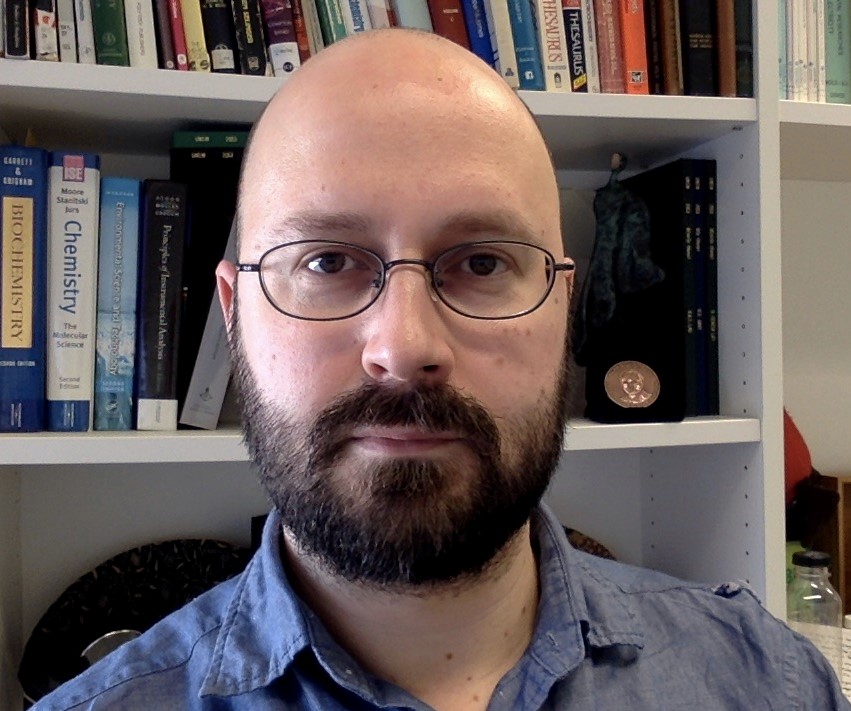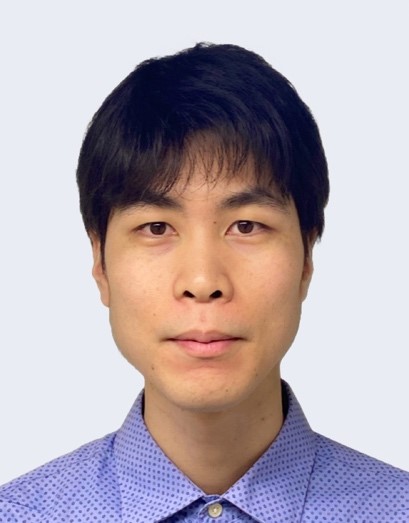Invited speakers
Xavier Crispin

Linköping University (Linköping, Sweden)
Laboratory of Organic Electronics
Xavier Crispin works at the Laboratory of Organic Electronics developing activities on organic electronic devices, including ionic thermoelectric capacitors and thermocells. In 2013, he started and ERC-starting grant to develop organic thermoelectric generators. For his development on thermoelectric polymers, he was awarded the Tage Erlander Prize (2012) and the Göran Gustafsson prize (2016) from the Royal Swedish Academy of Sciences.
In 2019, he became vice-director of the national program Advanced Functional Materials at Linköping University. He is cofounder and scientific advisor of 3 start-up companies: Ligna Energy AB (2017) developing organic batteries, ParsNord (2020) developing flexible thermoelectric coolers, and Cellfion AB (2021) producing ion-selective cellulose membranes for H2-electrolysers and redox flow batteries.
Sawako Nakamae

Commissariat à l’Energie Atomique (Paris, France)
Condensed Matter Physics Laboratory
Sawako Nakamae has worked in a wide spectrum of subjects in condensed matter physics, such as high-Tc superconductors, giant magneto-resistive materials, biomolecules, magnetic nanoparticles, etc. In recent years, her research has focused on thermoelectric effects in complex liquids, such as non-aqueous electrolytes, ionic liquids and ferrofluids. She also works on the development of novel thermoelectric measurement techniques at high and low temperatures and under magnetic field.
In 2017, she coordinated the European FET Proactive project MAGENTA (Magnetic nanoparticle-based liquid energy materials for thermoelectric device applications). She is also the coordinator of the joint progamme AMPEA (Advanced Materials and Processes for Energy Application) from the European Energy Research Alliance, which fosters basic science on energy materials as a way to obtain breakthrough for future emerging technologies, and as a source of fundamental problem-solving during technology development.
Leigh Aldous

King’s Collegue London (London, UK)
Department of Chemistry
Leigh obtained his B.Sc. from the University of Leeds (2004) followed by a Ph.D. in Chemistry & Chemical Engineering from Queen’s University Belfast (2007). He was then a Post-Doctoral Research Fellow at Queen’s University Belfast (2007-2009) and the University of Oxford (2009-2011). In late 2011 he moved to the University of New South Wales (UNSW Sydney) to start his own research group as a Lecturer. In early 2017 Leigh moved to King’s College London.
One of his main research lines is in thermoelectrochemistry, related to the conversion of waste heat into useful energy using redox chemistry. He works on tailoring the redox chemistry, electrolyte and electrodes towards having the highest possible efficiency, while also aiming to be as innocuous as possible, with the end goal of developing wearable devices to exploit waste body heat. A recent project has also been the integration of thermocells into construction materials, such as thermogalvanic bricks (patent WO/2020/082028).
Hongyao Zhou

The University of Tokyo (Tokyo, Japan)
Department of Chemistry
Hongyao Zhou is an assistant professor in Department of Chemistry at The University of Tokyo, Japan. He received his PhD from the Department of Nanoengineering at the University of California San Diego, U.S. in 2020, where he studied lithium-based battery technologies under the supervision of Prof. Ping Liu. He received his Bachelor of Engineering from the Kyushu University, Japan, in 2016, co-supervised by Prof. Teppei Yamada and Prof. Nobuo Kimizuka, where he wrote the first paper on a supramolecular thermocell, applying host–guest chemistry in thermoelectric conversion.
His current research focuses on the development of redox-active phase-changing materials and their application in functional soft materials, smart window technology and electrochemical thermoelectric conversion.